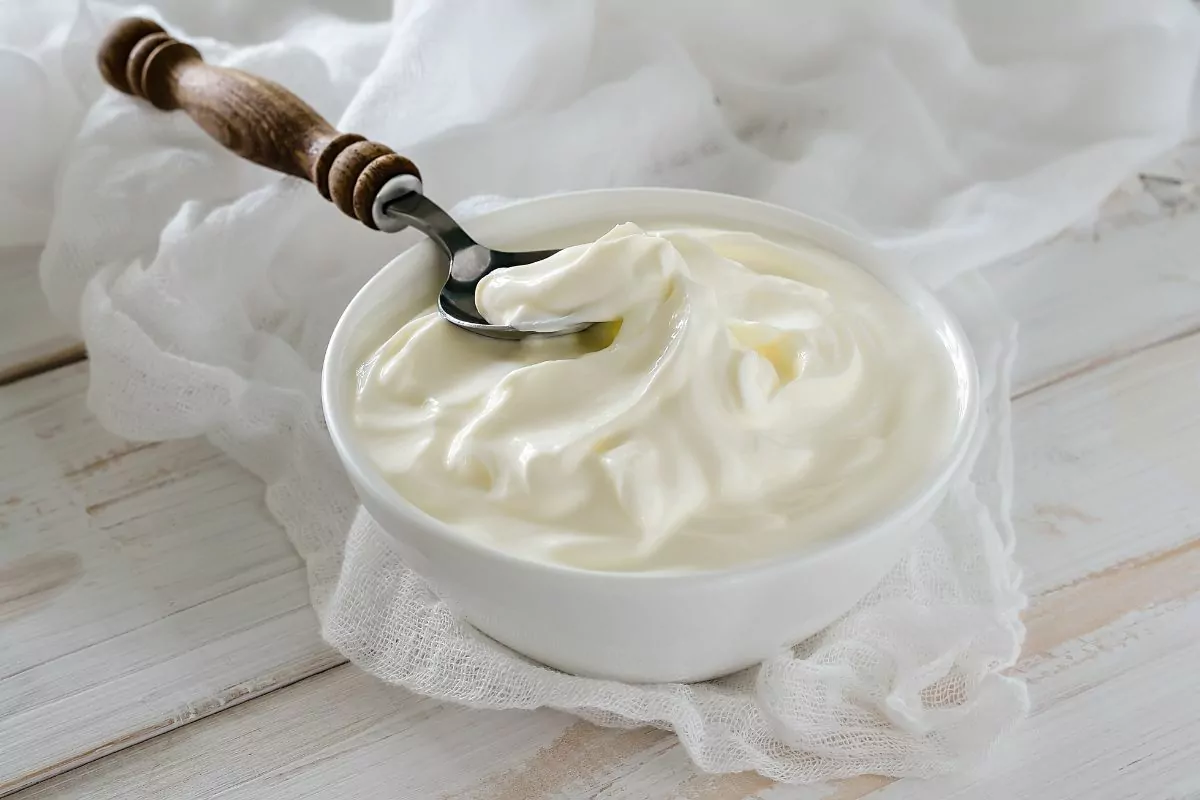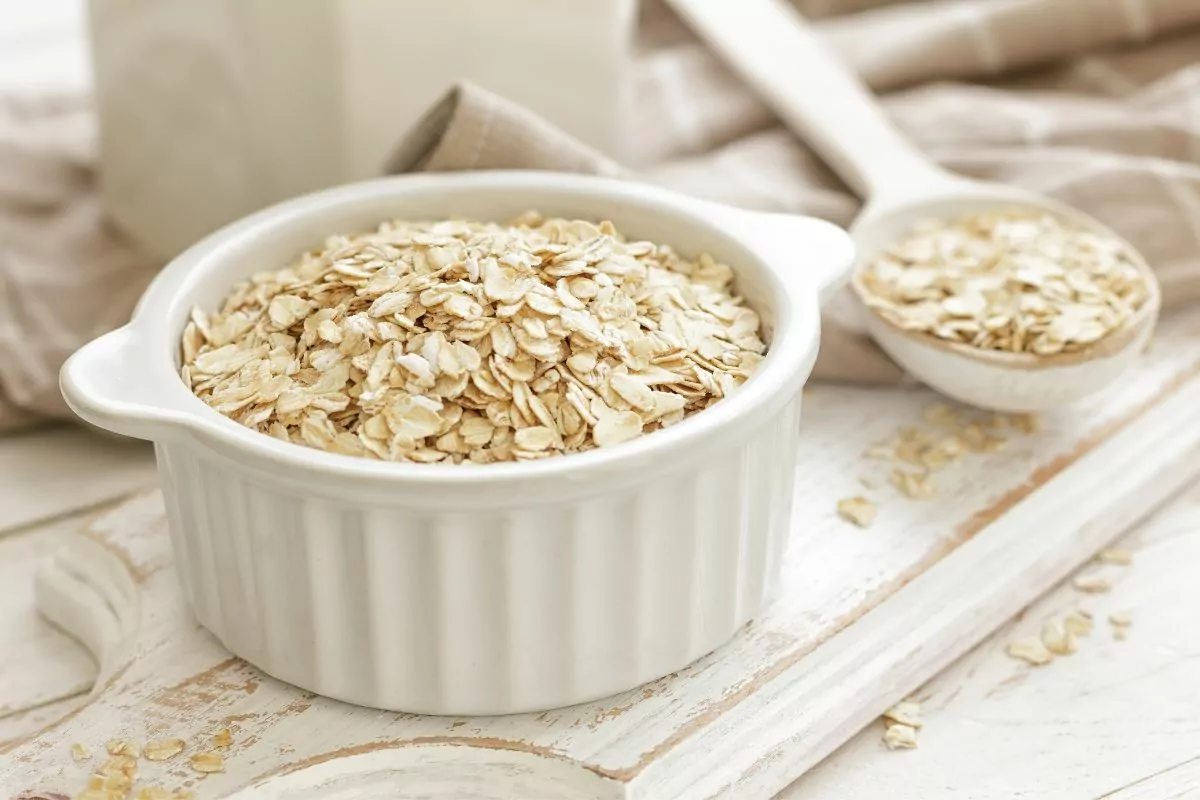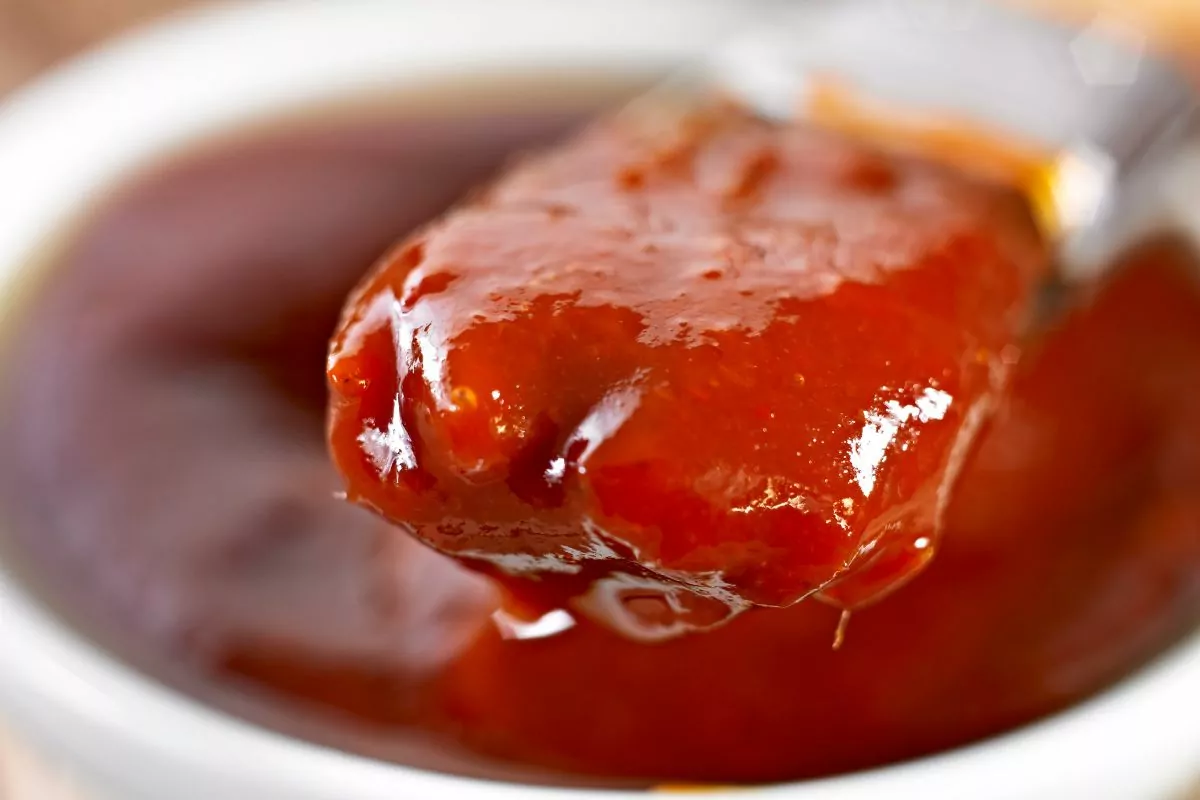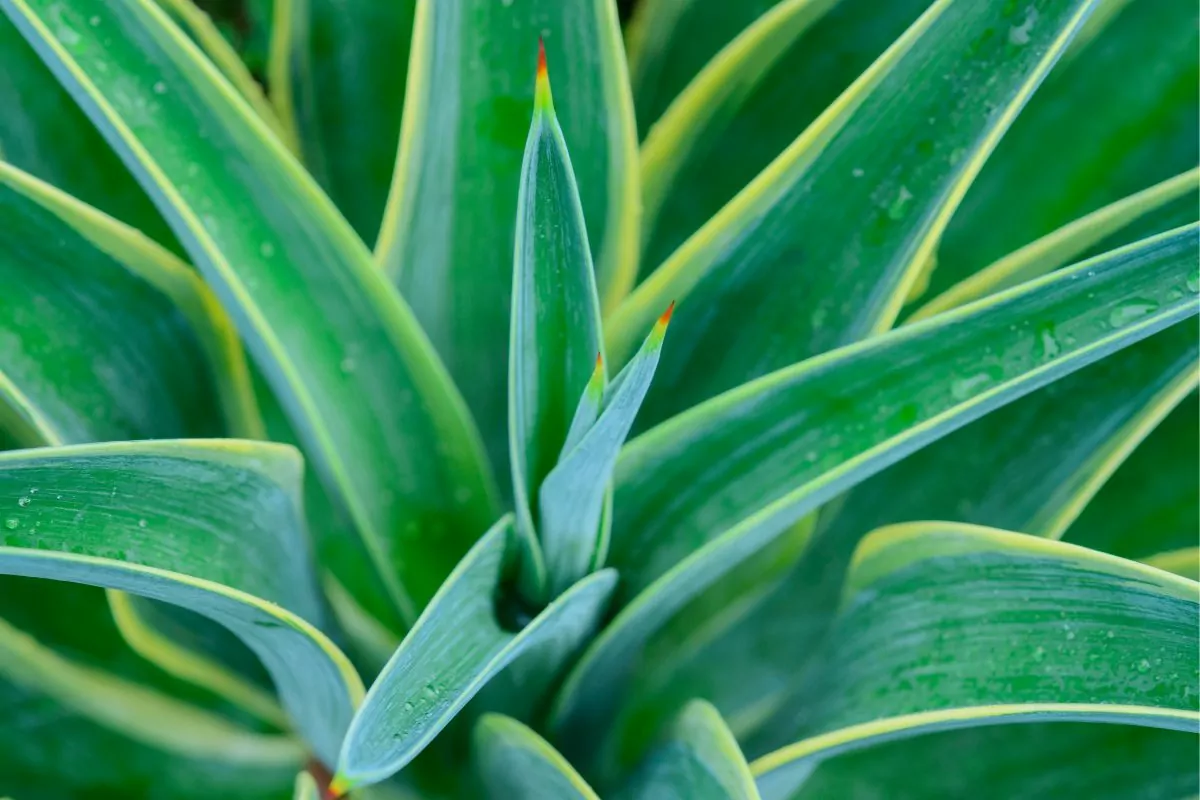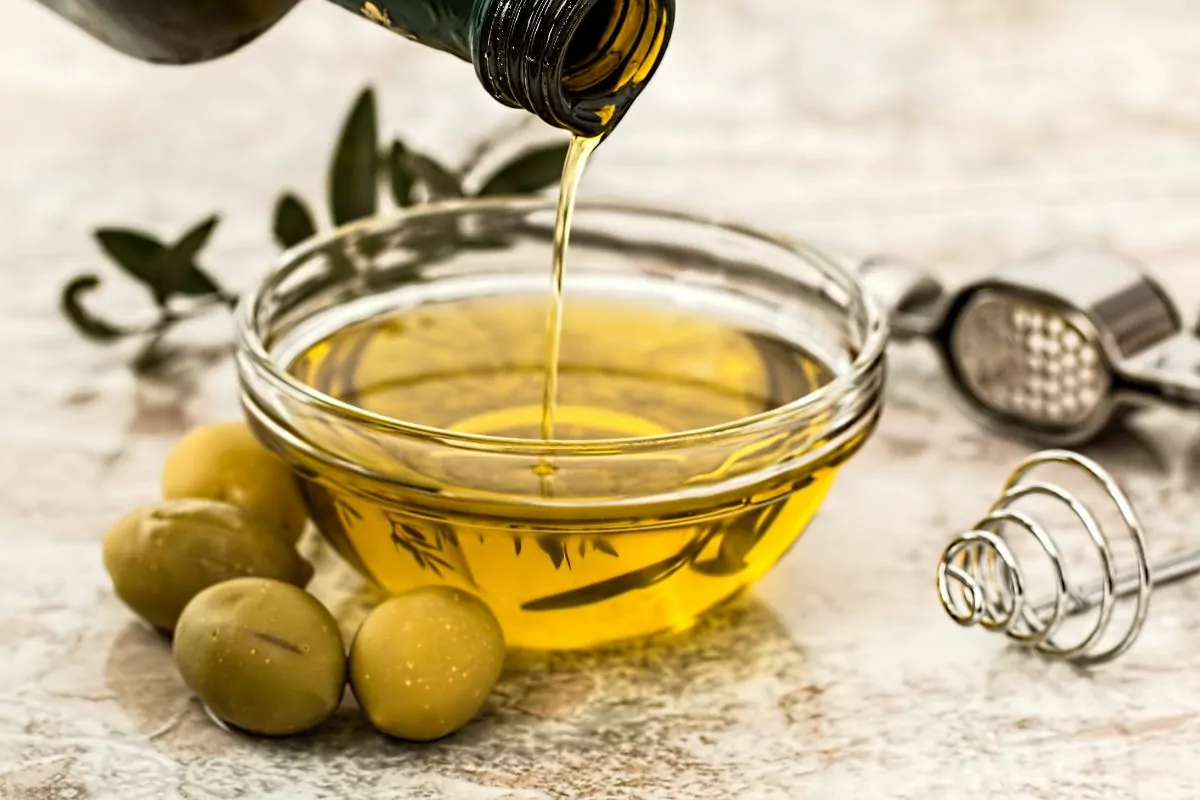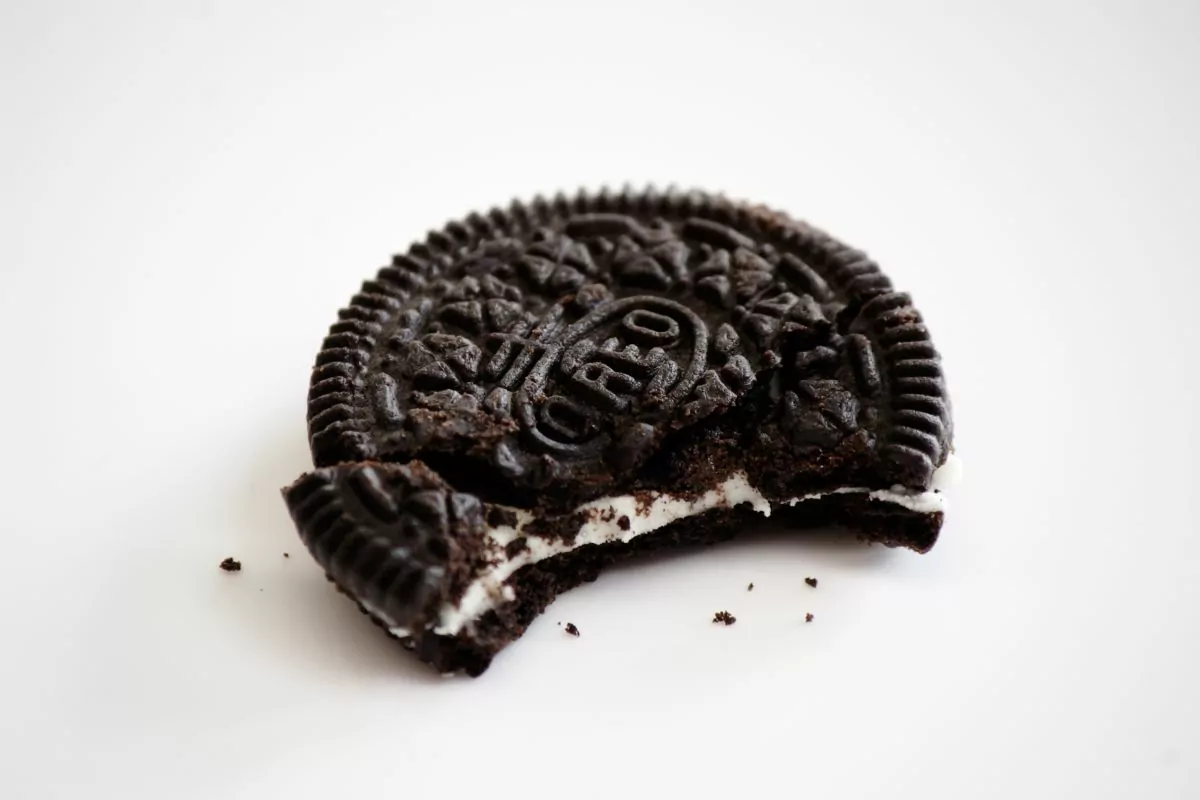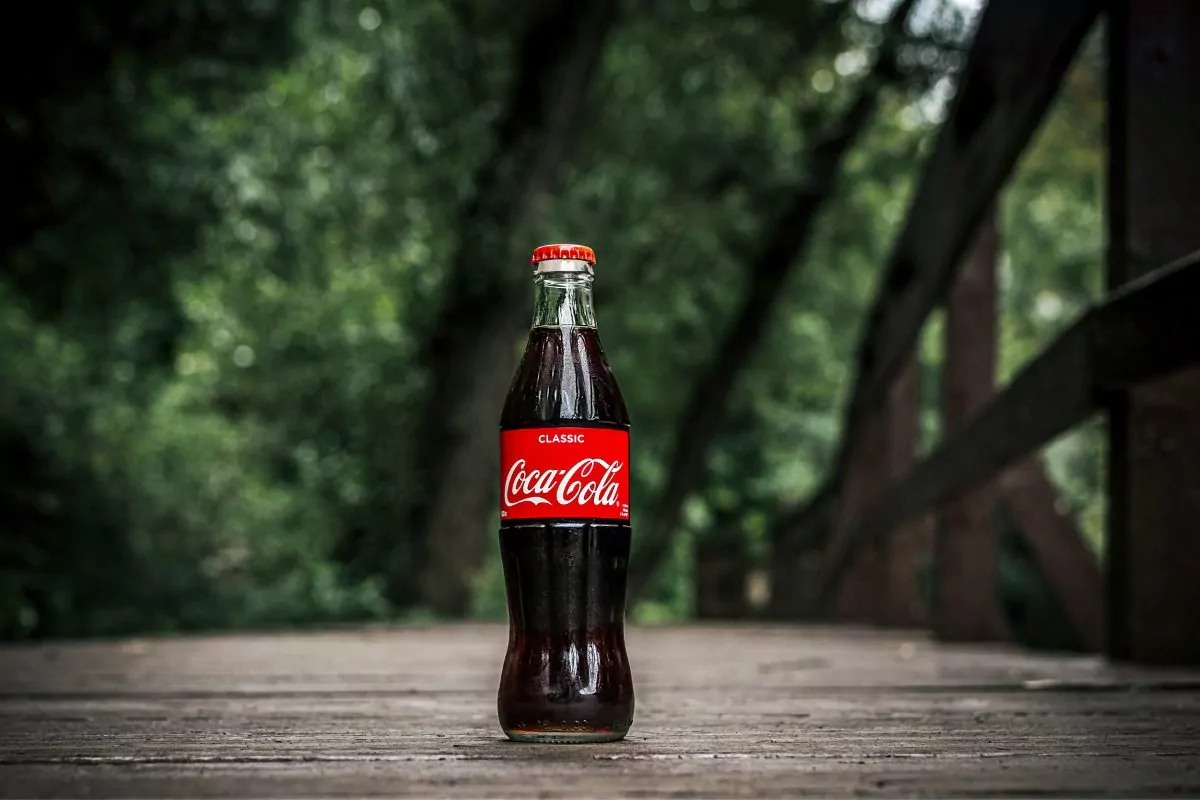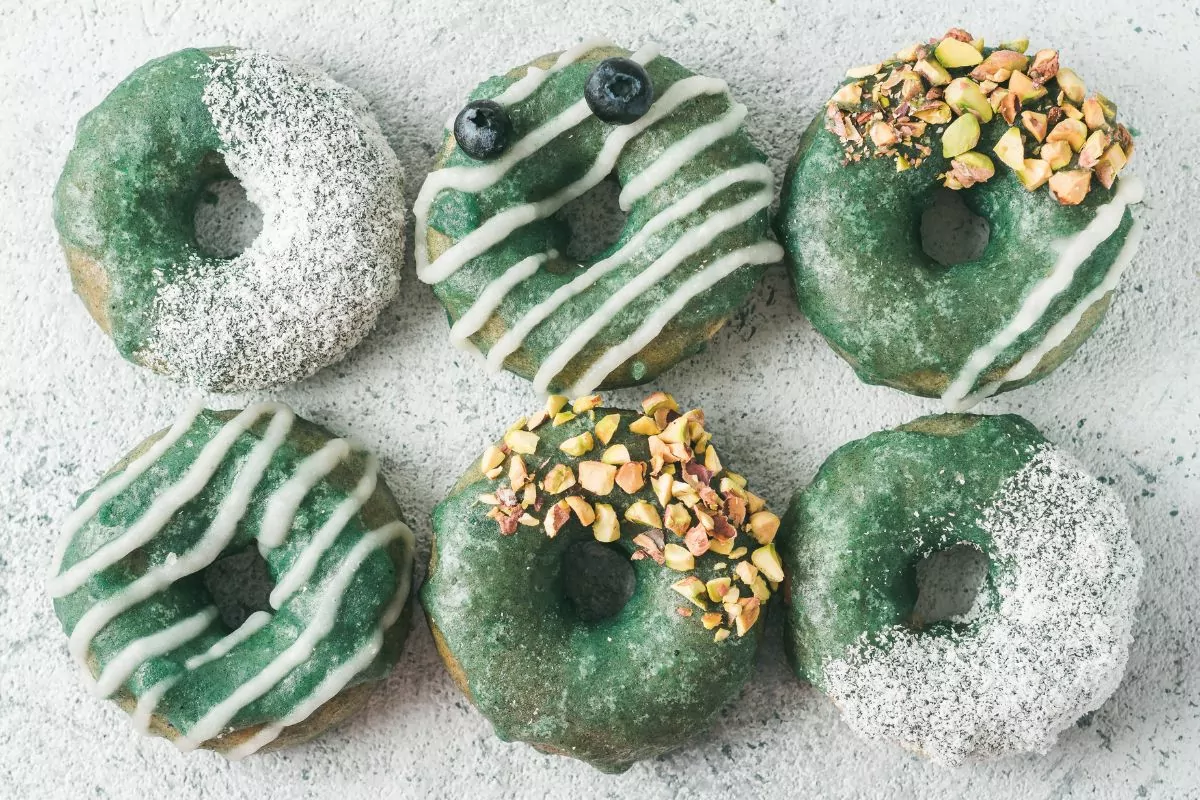Sometimes, finding out what products are suitable for vegans and which ones aren’t can be a challenge.
While some foods may seem 100% vegan, they could contain specific ingredients that make them not vegan-friendly.
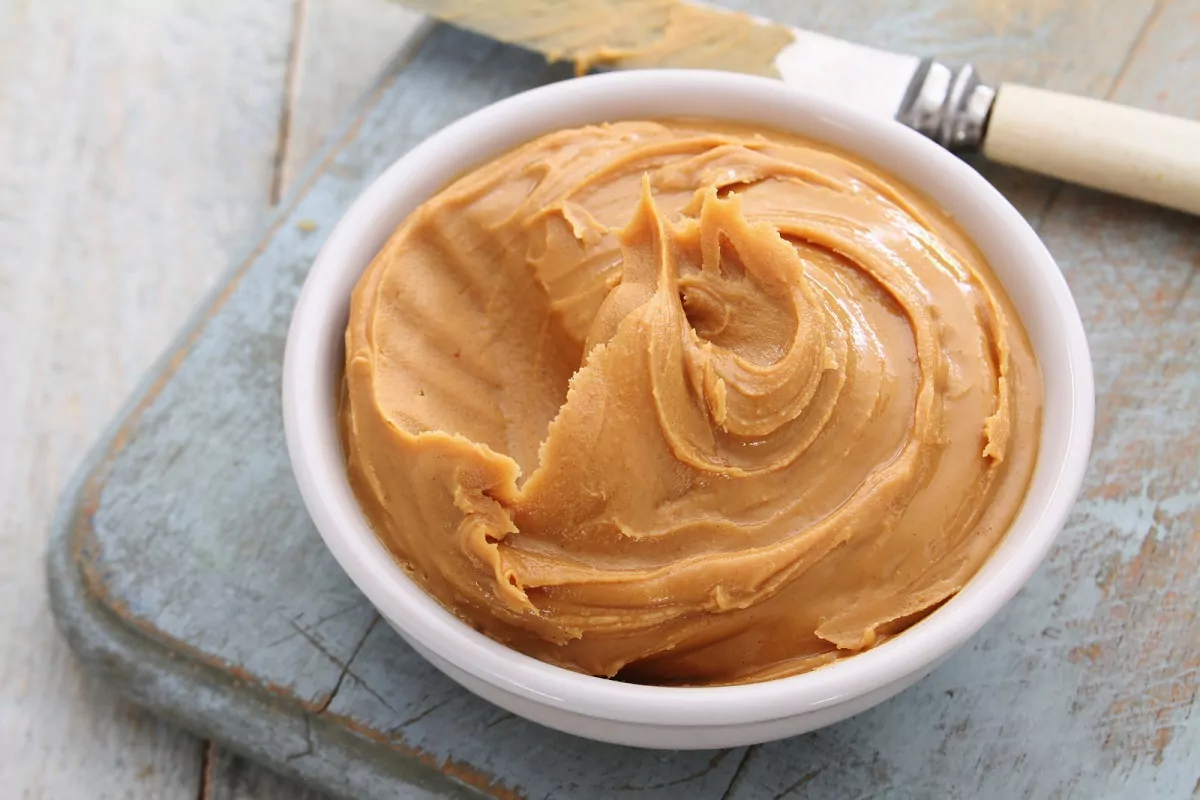
Peanut butter is one of those foods that go great with everything. However, is it suitable for vegans?
Luckily, most brands of peanut butter are vegan. Although, some contain animal products that are unsuitable for vegans, such as cane sugar refined with bone char, honey, and fish oils.
Even for experienced vegans, determining what products are suitable can be difficult. With this in mind, we have created a detailed guide exploring everything you need to know about peanut butter’s role in a vegan diet.
Let’s get straight into it.
Can You Eat Peanut Butter If You Are Vegan?
Peanut butter is a great source of protein, making it a staple in many vegan diets.
However, it’s important to make sure that the peanut butter you are eating is 100% vegan since some brands include non-vegan ingredients.
For instance, some ingredients to look out for include:
- Sugar
- Honey
- Palm oil
- Fish oil
- Chocolate
- Specific E numbers, such as E417
You may be surprised at how many ingredients you need to look out for. Therefore, below, you will find different sections exploring each ingredient.
Why Do I Need To Look Out For Sugar In Peanut Butter?
This one might surprise a few of you. After all, isn’t sugar made from plants? So while it may raise no initial alarm bells, it remains an ingredient to look out for, but why?
Sugar can sometimes be filtered using bone char during the manufacturing process – meaning it has been contaminated with an animal product.
While bone char won’t end up in the final product, many vegans will avoid it due to its connection with the meat industry.
Depending on what brand of peanut butter you get, they don’t always state what sugar they used – making it difficult to determine whether or not it’s vegan.
On the other hand, beet sugar is always suitable, along with some kinds of sugar cane.
The bottom line is that if you’re unsure, it’s best to contact the manufacturer directly for more information.
Who Does Peanut Butter Contain Honey?
Some brands include honey to enhance the flavors or to make it sweeter.
Some vegans will eat honey – provided that it is sustainably sourced – since there isn’t much harm to bees when harvested responsibly.
However, many vegans also choose not to use honey regardless of how it was harvested. Therefore, it’s still important to take a closer look at the ingredients list – no matter your stance.
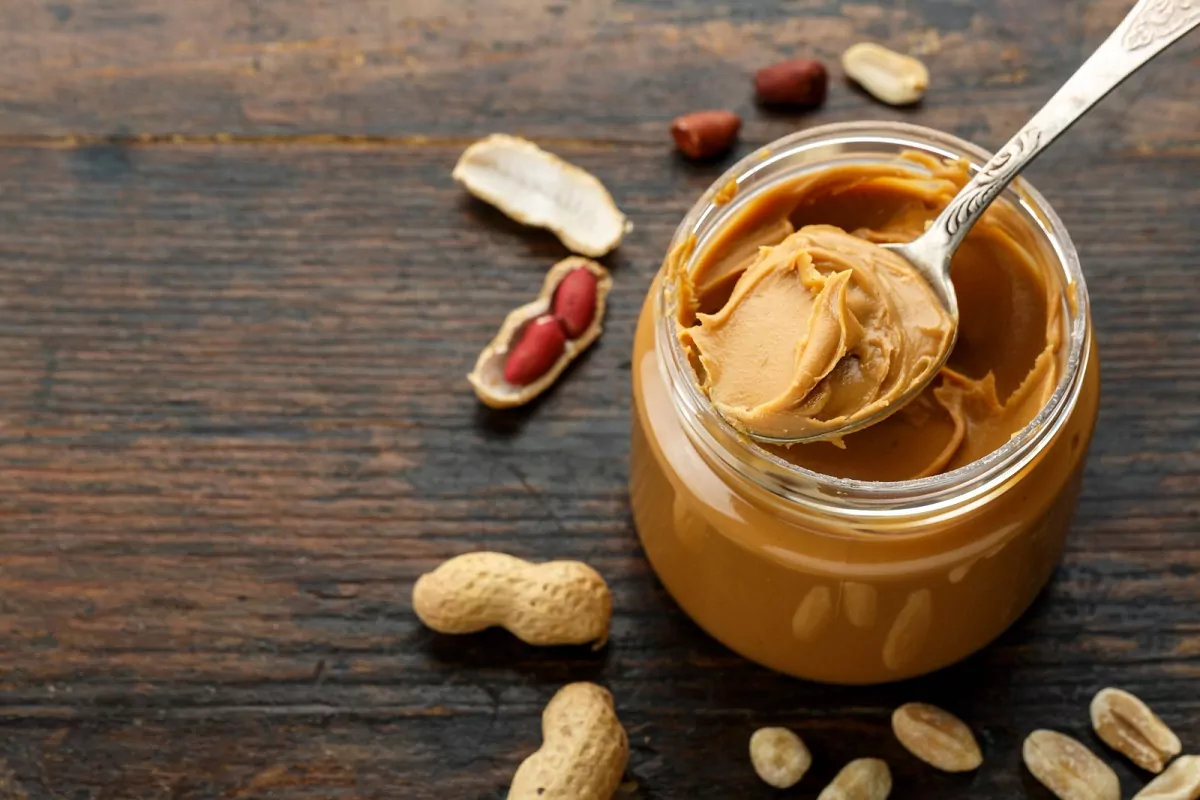
Isn’t Palm Oil Vegan?
This is another ingredient that you may find in peanut butter: palm oil.
While palm oil is technically vegan, it is usually avoided due to its involvement in deforestation. This involves the destruction of animals’ natural habitats for human consumption.
Therefore, if you’re following a vegan diet for either environmental or animal-cruelty reasons, then you may want to avoid palm oil.
Why Is Fish Oil Added To Peanut Butter?
This may seem like an odd product to include in peanut butter; however, some manufacturers will add it into peanut butter for added omega-3. This could also appear as ‘omega-3 fatty acid’.
In terms of the nutrients they offer, fish oil is generally considered beneficial, this is why some brands will include it.
However, this inclusion makes it unsuitable for vegans since the fish oil is typically extracted from fish, such as anchovies and sardines.
Does Chocolate Stop Peanut Butter From Being Vegan?
It can’t be contended: chocolate and peanut butter work together like two peas in a pod. For this reason, you may find some peanut butter swirled with chocolate.
However, unless this is vegan chocolate, you need to be cautious of these types of peanut butter.
In the ingredients list, check for any products such as cream or milk that can be included in the chocolate.
As a general rule of thumb, you are more likely to find vegan peanut butter when you opt for plain peanut butter as opposed to those containing chocolate.
Although, if you are buying flavored peanut butter, just be sure to carefully read the ingredients list.
What’s Up With E Numbers?
If you are a vegan, you may already understand the difficulty when it comes to E numbers.
These are especially pesky ingredients since it’s hard to determine where they come from.
While peanut butter may contain many E numbers, the main one you’ll see is E471.
This E number is generally only made with plant products, making it suitable for vans – however, there is no guarantee that it is always made with plant products.
Instead, it could be made with animal products, and determining the difference between whether or not it is vegan is virtually impossible.
Therefore, if specific peanut butter doesn’t state that it is 100% vegan, then you should be wary of any E numbers listed in the ingredients.
For more information, you may want to contact the manufacturer.
How To Tell If Your Peanut Butter Is Vegan?
An easy way of determining whether or not your peanut butter is vegan is by seeing if it is made from 100% peanuts. Since these don’t contain any other ingredients, they are suitable for vegans.
On the other hand, if you’re not able to purchase peanut butter made from just peanuts, then carefully go through the ingredients list and look for any of the previously mentioned ingredients.
If you can’t find any, this generally means that it is safe for vegans. However, it isn’t always guaranteed. If unsure, always contact the manufacturer.
Final Thoughts
While in most cases, peanut butter is considered suitable for vegans. However, it becomes tricky when there are added ingredients.
With the help of this guide, hopefully, you can go and eat peanut butter with peace of mind.
- Cucumber, Apple And Pineapple Juice - September 12, 2022
- French Toast Without Eggs - September 12, 2022
- Cook Canned Chickpeas - September 12, 2022

